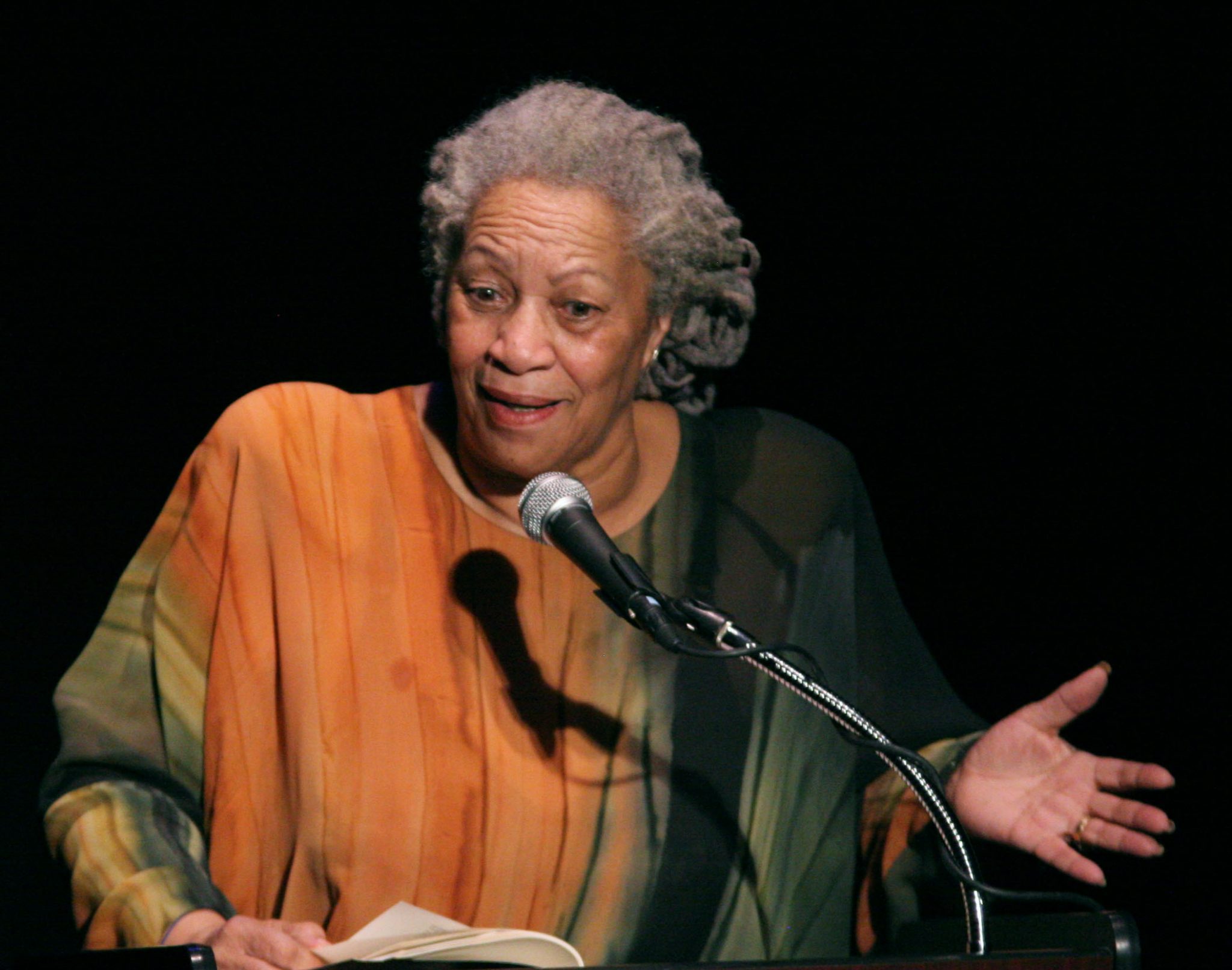Toni Morrison in Classical Music
By Anna Hinkley
The late Toni Morrison was best known as the author of numerous novels that engaged with the African American experience, including Beloved, The Bluest Eye, and The Song of Solomon. Lesser known was her connection to classical music, although music was pervasive in many of her novels. While not a musician herself, Morrison collaborated with a number of composers and musicians over the years to produce an impressive body of musical works featuring her texts.
In 1992, the year before Morrison was presented with the Nobel Prize in Literature, she collaborated with composer Andre Previn on the song cycle Honey and Rue, made up of six songs accompanied by chamber orchestra. Reportedly a result of a request by soprano Kathleen Battle, who premiered it that year, the lyrics of Honey and Rue were Morrison’s first writing for an original score. “I worked with images rather than a story,” Morrison stated in the liner notes of Battle’s later recording. “I was interested in the marriage of language and music.” Two years later, her work appeared again in Andre Previn’s composition Four Songs after Poems by Toni Morrison, for Soprano, Cello and Piano, which was premiered by soprano Sylvia McNair in 1994.
Over a decade later, at the age of 74, Morrison wrote her first and only libretto for the opera Margaret Garner in collaboration with the composer Richard Danielpour. Premiered in 2005 in Detroit, Michigan, the titular role of Margaret Garner was performed by Denyse Graves. Filling in for Jessye Norman, soprano Angela Brown sang the role of the opera’s matriarch, Cilla. Brown described the opera as “a work that really showed off the American quilt. You had every genre of American music… it left no one out.” Based loosely on the real-life story of the enslaved woman Margaret Garner, which Morrison had previously used as the basis of the novel Beloved, the opera follows a woman who briefly escaped slavery with her family. Upon being recaptured, Margaret Garner kills her two children rather than returning them to a life of slavery. Margaret, who is the sole survivor of the escape attempt, is finally charged with destruction of property rather than with murder, and sentenced to death. Toni Morrison’s treatment of this wrenching story engages with what it means to be human and to love in the most oppressed circumstances.

“Being able to sing the words penned by the legendary Toni Morrison in Margaret Garner was a great honor and career highlight,” said Angela Brown. “Her libretto beautifully knit together the tragic and poignant plot, reflected her genius that has been recognized by the world, and will forever live in the annals of classical music.”
Before Margaret Garner, Morrison and Danielpour collaborated on the song cycles Sweet Talk: Four Songs on Text (1996) and Spirits In the Well (1997). Both pieces were written for the soprano Jessye Norman, who also premiered them. When Norman later brought together a collaborative team of women for the Carnegie Hall-commissioned work that would become woman.life.song (2000), she chose Toni Morrison alongside Maya Angelou and Clarissa Pinkola Estés to provide the text for composer Judith Weir’s music. Depicting the stages of a woman’s life, woman.life.song touched on youth, old age, and the love and loss that comes between.
Although Toni Morrison was partial to music as a listener, especially jazz, her work with musicians and composers extended her voice from the literary realm to the world of classical music. Her ability to approach difficult subjects like the tragedy of Margaret Garner and the accompanying issues of personhood that were raised, using precise and beautiful language, was as masterful in music as it was in literature.
Featured Image: Toni Morrison speaking at “A Tribute to Chinua Achebe – 50 Years Anniversary of ‘Things Fall Apart'”. The Town Hall, New York City, February 26th, 2008 / Angela Radulescu







Very nice article